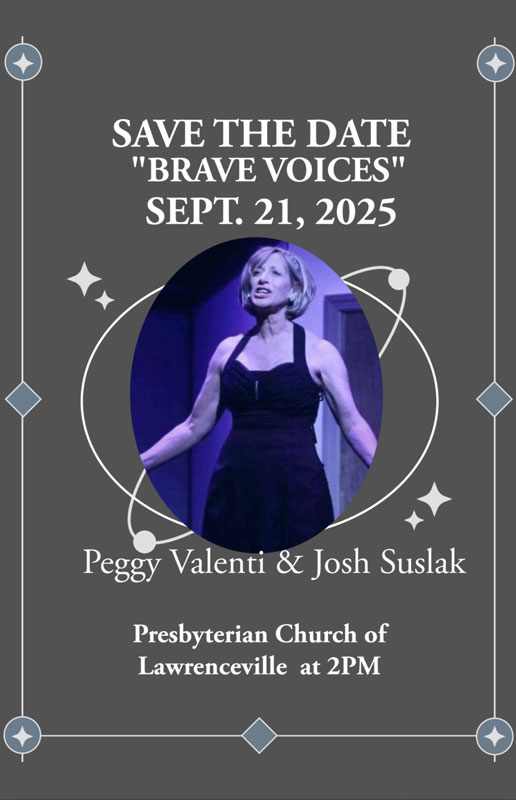I am yielding blog space today to my colleague in ministry, Brent Ferguson. Brent had trouble (like many of you , I’m hearing) posting a response – so I’m taking the liberty of making him my first ever “Guest Blogger”.
Holy gloom-and-doom, Batman! That Luke text is anything but cheerful…
Jeff, this is my first-ever post to anyone’s blog, so kudos to you for getting me engaged in the process. There are a few first thoughts that came to mind when I read your prompt:
—Mother Teresa’s oft-referenced interview which purportedly went something like this:
Q: So, you’re a prayerful woman. What do you say to God when you pray?
A: I don’t say much; mostly I listen.
Q: (awed silence, inspired by the depth of her answer, then…) Well, what does God say?
A: God doesn’t say much; mostly God listens.
Q: (sustained silence).
—One of my seminary professors, Pat Miller, once made a comment in a study of the Psalms — not in class, but during an adult education class he was leading at his home church. He suggested that if we only had one prayer to pray our entire lives, it would be the refrain of Psalm 136 (and in many other psalms and other places in scripture): “Give thanks, for the Lord is good; God’s steadfast love endures forever.” Kind of a desert-island psalm…our dominant posture toward God might realistically be, all things taken into consideration, one of gratitude. That strikes me as not only poignant given this week’s Thanksgiving celebrations, but also given our increasing sense both individually and corporately (if we’re listening at all to our lives and to our world), that we are not “the masters of our own fate.”
And perhaps this last fact is a very good thing, given our tendency to foul things up so much. Understanding it fully keeps us from taking too much credit that isn’t ours to take and also keeps us from taking on too much blame that is likewise unhealthy for us psychologically and spiritually.
—I pray way too infrequently. By that I mean the intentional act of orientation toward God (w.r.t. Ellen’s comment) in thought, feeling, listening, speaking, etc. If prayer primarily is me trying to deliberately engage in giving or receiving some kind of communication with God, then I frame out way too little time for that, and would like to grow in my capacity for reserving time for that on a regular basis.
—Reading scripture is another important spiritual practice. Talking about it with a small group of commited fellow Christian sojourners would help…but (as you allude) that is difficult to manage in our hustle-bustle lives.
—That I take time to help orient my daughters toward God with prayer and Bible reading smacks of hypocrisy. I do it with them not because “it’s good for kids,” but because “it’s good for humans,” and humans are creatures of habit for whom those things well practiced are those things easiest to manage. If I’m recommending something to my kids at a kid-appropriate level, then a modicum of integrity suggests that perhaps I should be doing it at an adult-appropriate level, eh?
—“Practice like you race; race like you practice,” I always tell my athletes…the same should go for us. If our ultimate spiritual performance/race day were known, then what would our practice and preparation look like that would help us rehearse for it? Cognitive scientists speak of 10,000 hours of ‘deliberate practice’ required to develop what we typically call ‘expertise’ in a given field. That’s about 5-10 year’s worth of work-weeks at either part- or full-time engagement. But if we’re not practicing deliberately at all — or perhaps more like 1 hour a week, at best — then it takes a whole lot more time than 10 years to get to 10,000 hours of ‘development of expertise.’ (More like 2-3 lifetimes’ worth!)
Ok, this is way too long. I’ve overshot this first blog moment in a big way. For now, know that I have already been praying for you in your sermon preparation, and that I’m eager, as always, to see where God leads this conversation in the pulpit. Thanks for your willingness to engage the community in the theological reflections that inform your preaching, Jeff.
Peace,
Brent



